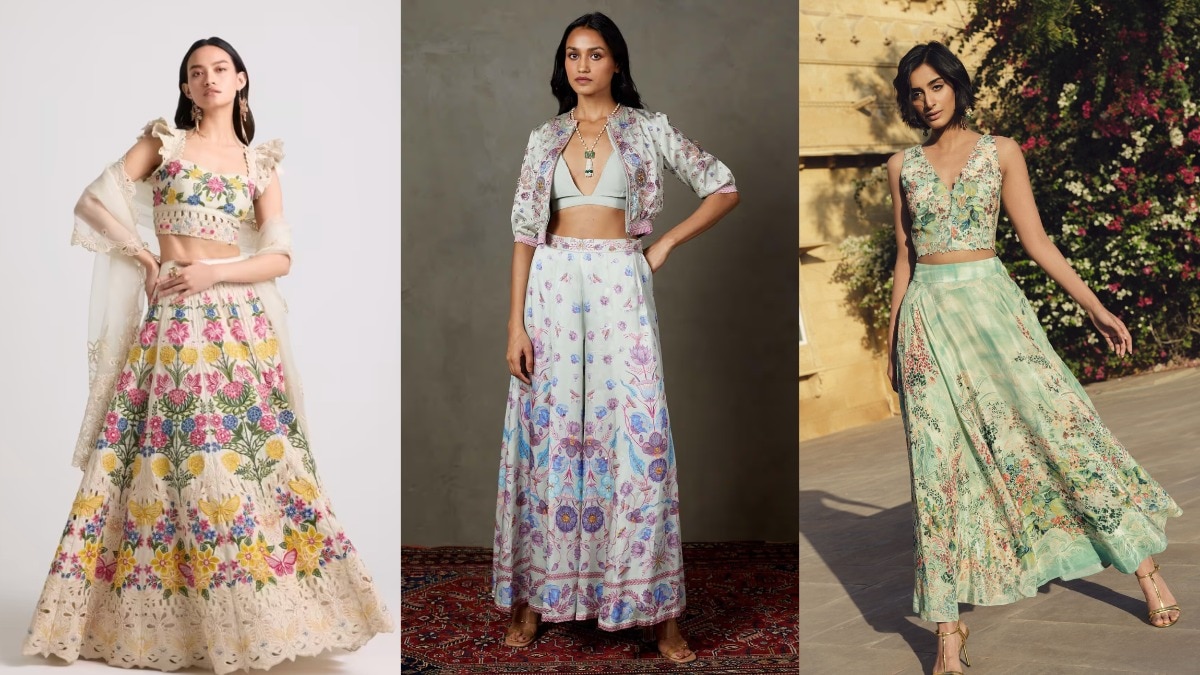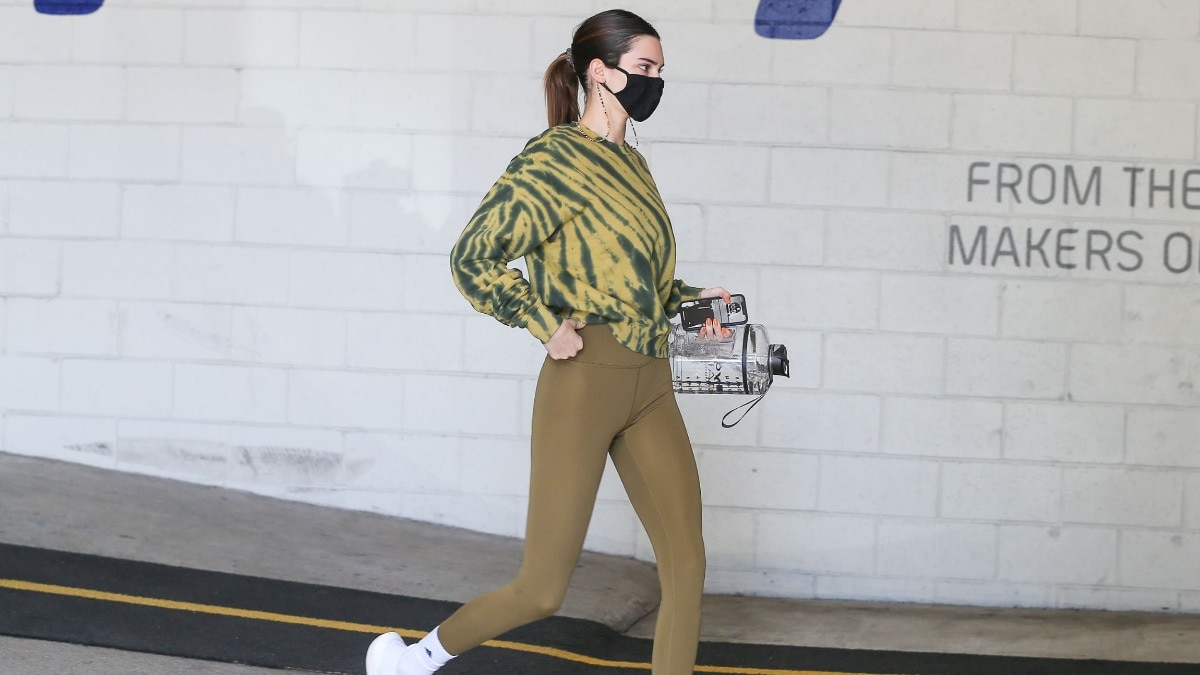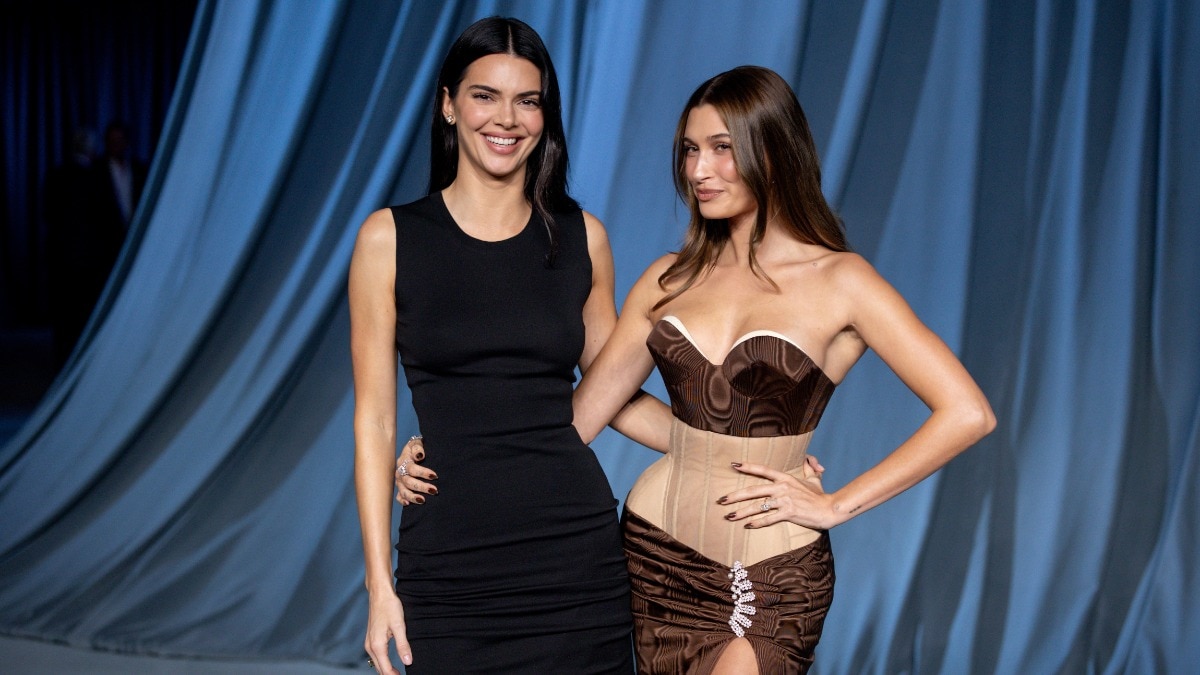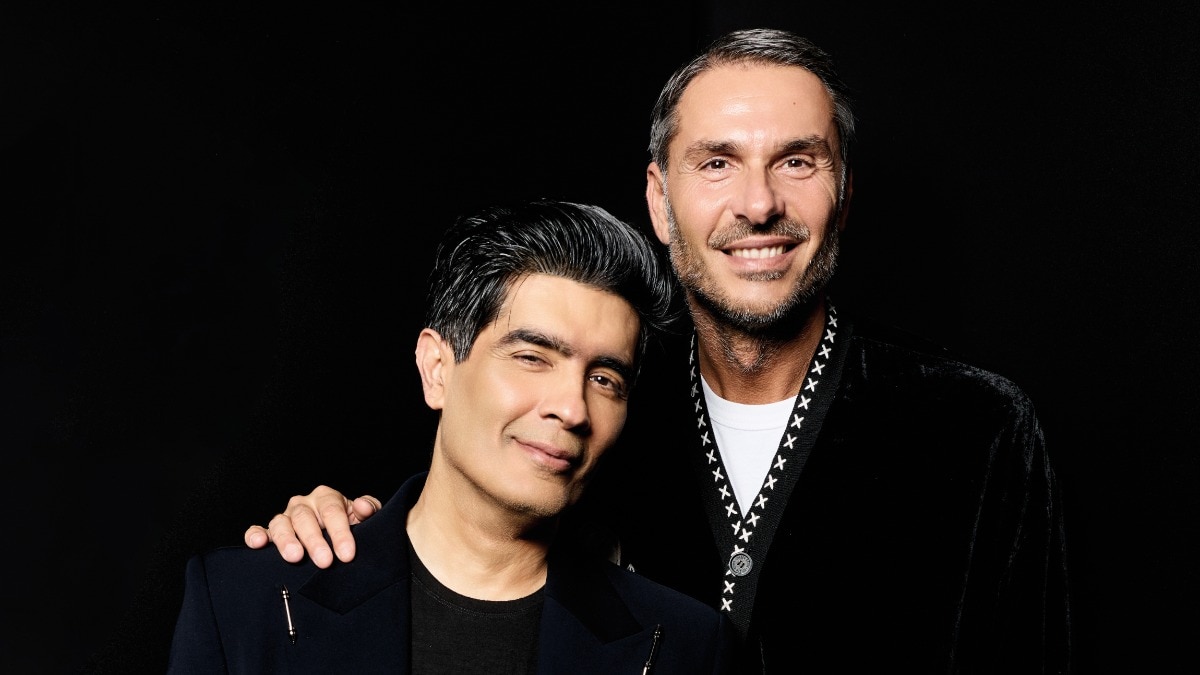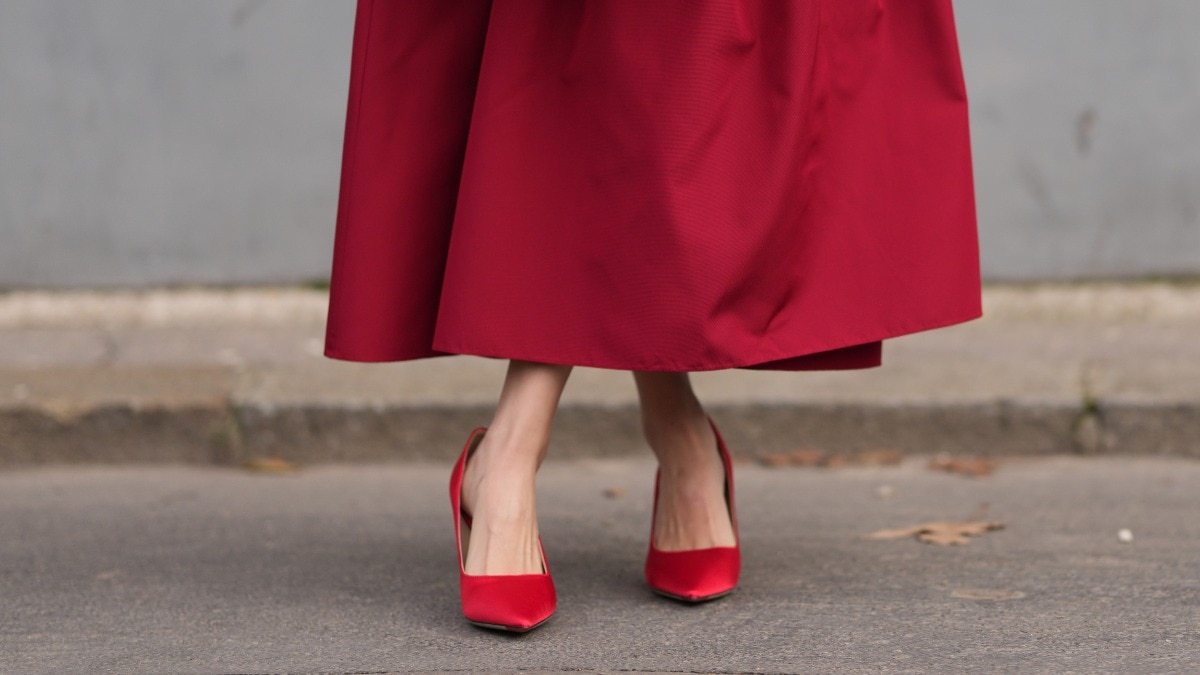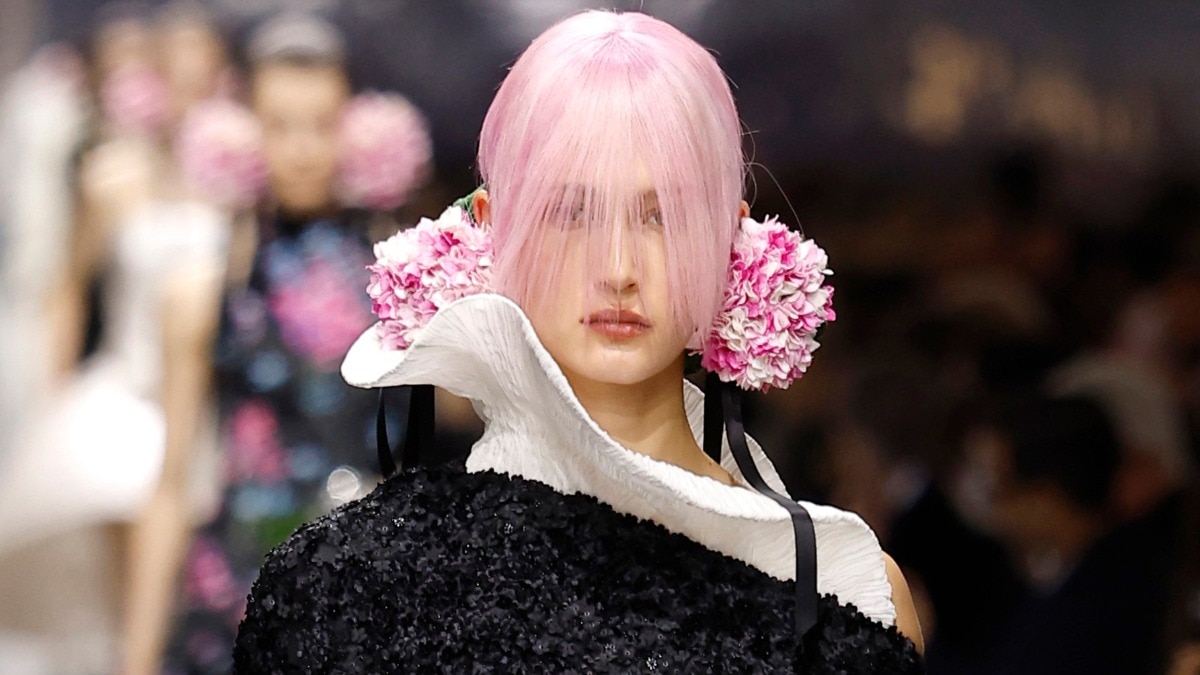The big fashion and beauty talking points that emerged out of the COP27
Here’s decoding fashion and beauty’s tryst with being more eco-conscious.


As world leaders began to converge in Egypt for COP27 summit (Conference of the Parties—where the attending countries had signed up to the UN climate agreement in 1992), climate campaign groups marched towards the Egyptian seaside resort in Sharm el-Sheikh on Saturday, raising issues like “loss and damage”, calling for funding to help climate-hit African nations battling rising costs.
Scenes of protest amidst negotiations for a more sustainable future have become commonplace in recent years at the COP. Not surprising when you consider the dichotomy apparent—Coca-cola is sponsoring the conference which indiscriminately uses fossil fuels and according to a Kenyan civil society group, is the reason for nearly half of the plastic bottle waste in the country. At the COP26 held in Glasgow last year, even though most countries had agreed on limiting their global temperatures to 1.5C above pre-industrial levels, only 24 countries apprised on their voluntary pledges, with India and Australia taking well-intended action in the past year. Amidst all this, fashion and beauty continued its tryst with attendance.
Coming around to fashion’s big push for sustainability, French luxury powerhouse, Louis Vuitton Moët Hennessy (LVMH) last year, along with 130 major fashion brands had committed to halving greenhouse gas emissions by 2030. At the ongoing summit (6 Nov- 18 Nov), LVMH announced its commitment to regenerative agriculture in a bid to enable cotton farmers in Chad, plant fruit and timber trees alongside cotton crop. Lake Chad, a large, yet shallow lake in Central Africa, had shrunk by 90% from 1963-2001. Water intensive cotton production is considered to be a major driver for this enormous recession. The proposed solution—the Circular Bioeconomy Alliance (CBA), established in 2020 by the then Prince of Wales, and now King Charles III, put together to develop sustainable cotton production which promises to work with 500 cotton farmers in Chad, and introduce diverse trees that will help with soil fertility and water retention.
This year’s fashion agenda included reviewing the industry’s effort to decarbonise its footprint and whether enough was being done to support transparency in the eco-system. A noteworthy ask when greenwashing in the name of sustainability is rampant. Not surprising that the United Nations Secretary-General, António Guterres had to address the problematic trend early on when he said, “We must have zero tolerance for net-zero greenwashing.”
Despite obvious limitations which need re-enforced effort for fashion brands attending the summit, it does offer a chance for them to work with the right partners in combatting the impact on the environment, and ultimately, adopting better production and delivery methods. Case in point: Head of sustainability stakeholder for the German online retailer Zalando sees it as an opportunity to connect with companies, NGOs and individuals. For local fashion designers like Green Fashion, an Egyptian brand that creates upycyled, sustainable, locally produced and biodegradable materials, participation means actively engaging in ways to limit the impact on the environment.
Ahead of COP27, long practitioner and champion of sustainability, Stella McCartney released her brand’s commitment to climate action and science-based targets. Set out to reach net-zero emissions by 2040, McCartney has pledged to reduce emissions in line with the Paris Agreement and include agricultural and farming methods within supply chains that include regenerative methods.
Sustainable Brazilian beauty brand, Laces And Hair, founder and president, Chris Dios at COP27 nurtured a beauty ecosystem built on best practices and natural cosmetics—a disclaimer most fashion and beauty brands had to command in order to be a part of the summit.
When Italian luxury house Bottega Veneta recently announced lifetime warranty (“Certificate of Craft”) it was widely celebrated as a landmark step in promoting sustainable fashion—big move that one hopes will have a trickle down effect.
Till then, time, branding, and best-practices will set the mood for the eco-conscious consumer, who will slowly, and hopefully in due time, begin to see beyond the enchanting promise of greenwashing.
Lead Image: Stella McCartney Instagram

